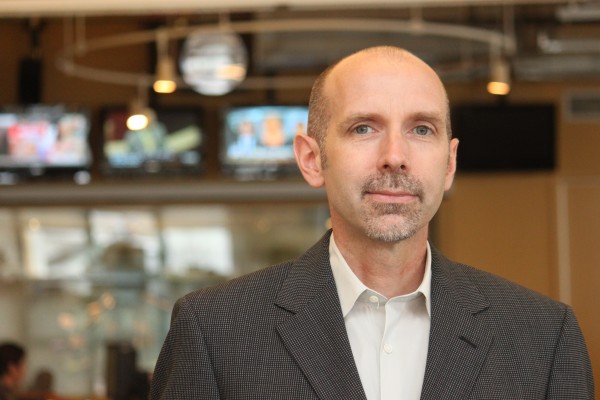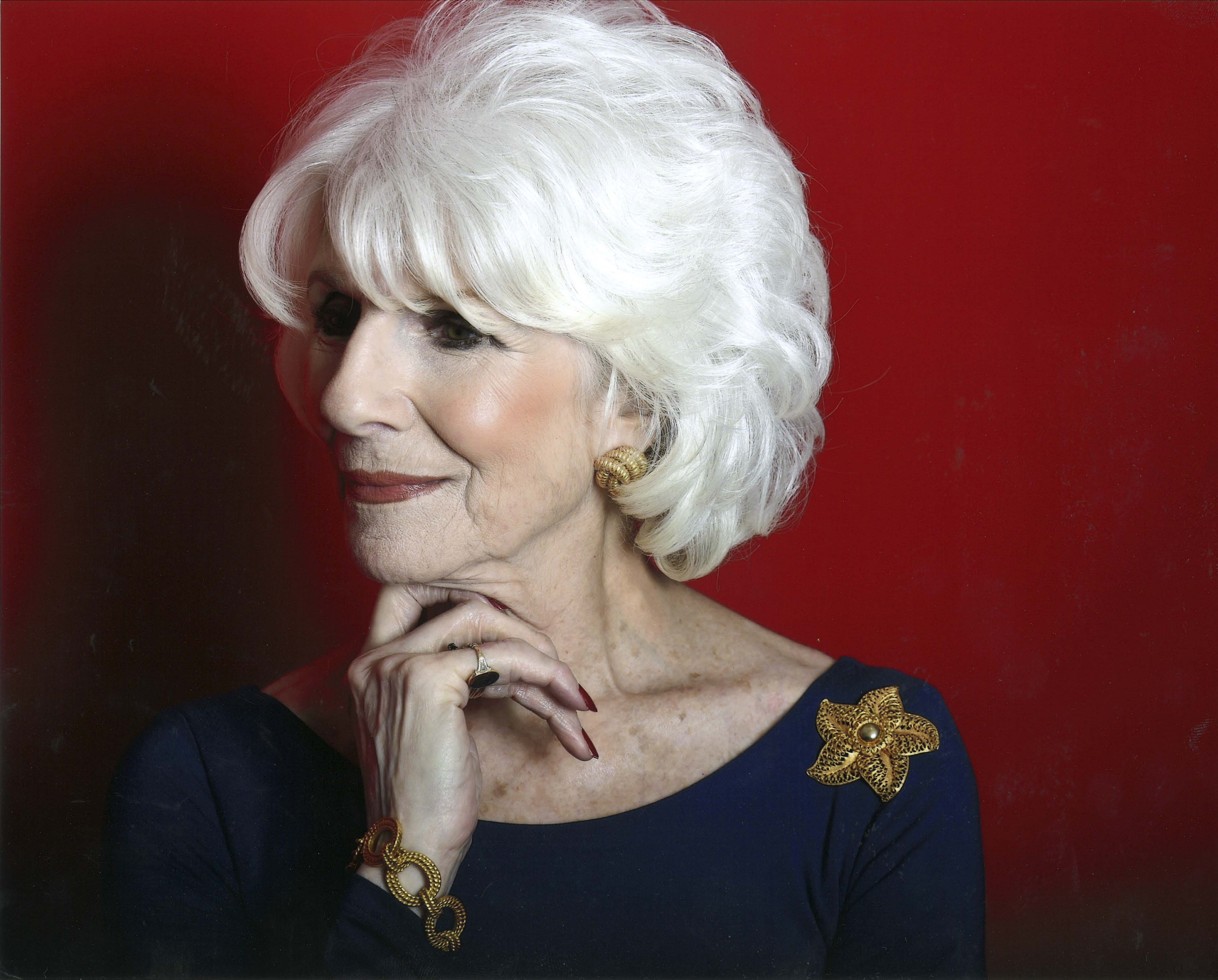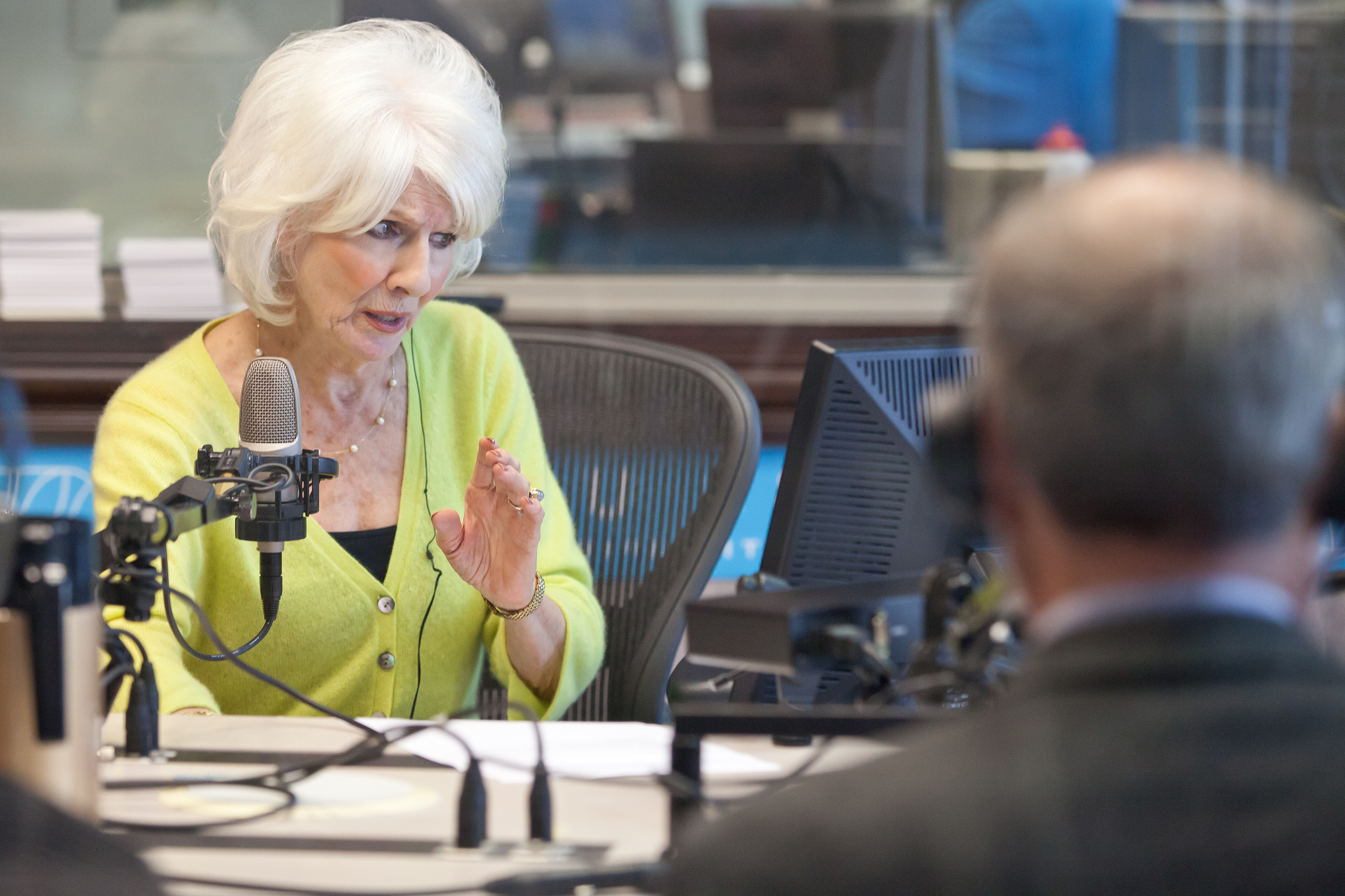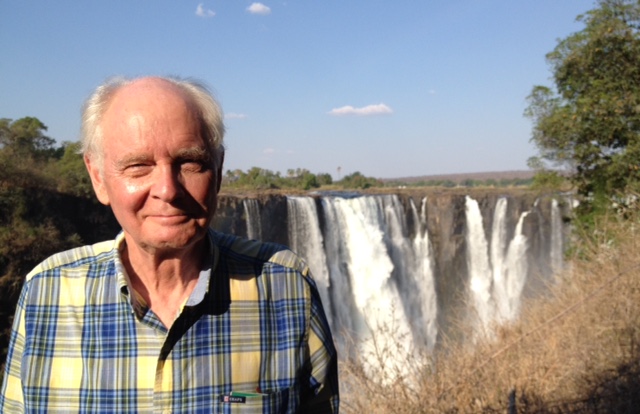Tag: NPR
NPR hires WNYC’s Thomas Hjelm as chief digital officer
Hjelm comes from New York Public Radio, where he serves as executive vice president and chief digital officer.Diane Rehm on stepping aside for “something new and fresh”
The host discusses her voice, her approach to interviewing and life after retirement.‘The Pub’ #58: Glenn Greenwald wants NPR journalists ‘to speak like a normal human being’
Greenwald argues that NPR’s impartiality standards are needless at best and dangerous at worst.Prudent? Out of touch? Reactions vary to NPR guidelines on podcast promo
New guidelines limiting on-air promotion of podcasts and NPR One drew a mixed response.A critic sees “pro-government” bias in NPR’s reporting, not a leftward lean
Host and freelancer Lisa Simeone dismisses the claim that public media betrays a liberal bias.NPR newscasts, sliced, diced and scrambled three ways
An engineer turned six years of newscasts into engaging art projects.NPR podcast ‘Embedded’ to launch March 31
Kelly McEvers, co-host of All Things Considered, will host the new podcast.NPR distribution wing prepares request for interconnection upgrade
Plans to make the satellite-based network more efficient are expected to top $50 million.‘The Pub’ #55: Diane Rehm contemplates the end
With her retirement ahead, the longtime host discusses who might replace her in the host chair and her feelings about head-to-head competitor ...NPR board of directors adds two station members
The additions come after the board expanded to 23 members last fall.What happened to NPR Chicken?
A reader’s question prompted a follow-up investigation.The Pub #54: NPR Story Lab head Michael May, live via Shindig
May joined us for a live celebration of The Pub’s first birthday.NPR board to consider change to transmission fees
If approved, stations will pay based on revenue instead of a flat fee.NPR’s Scott Simon takes break to write book with Tony Bennett
Three guest hosts will take over for Simon on Weekend Edition during his six-week absence.Bill Siemering on his legacy: “Everything that I intended really has come true”
The co-founder of NPR considers how public media has grown since he wrote a renowned mission statement.












